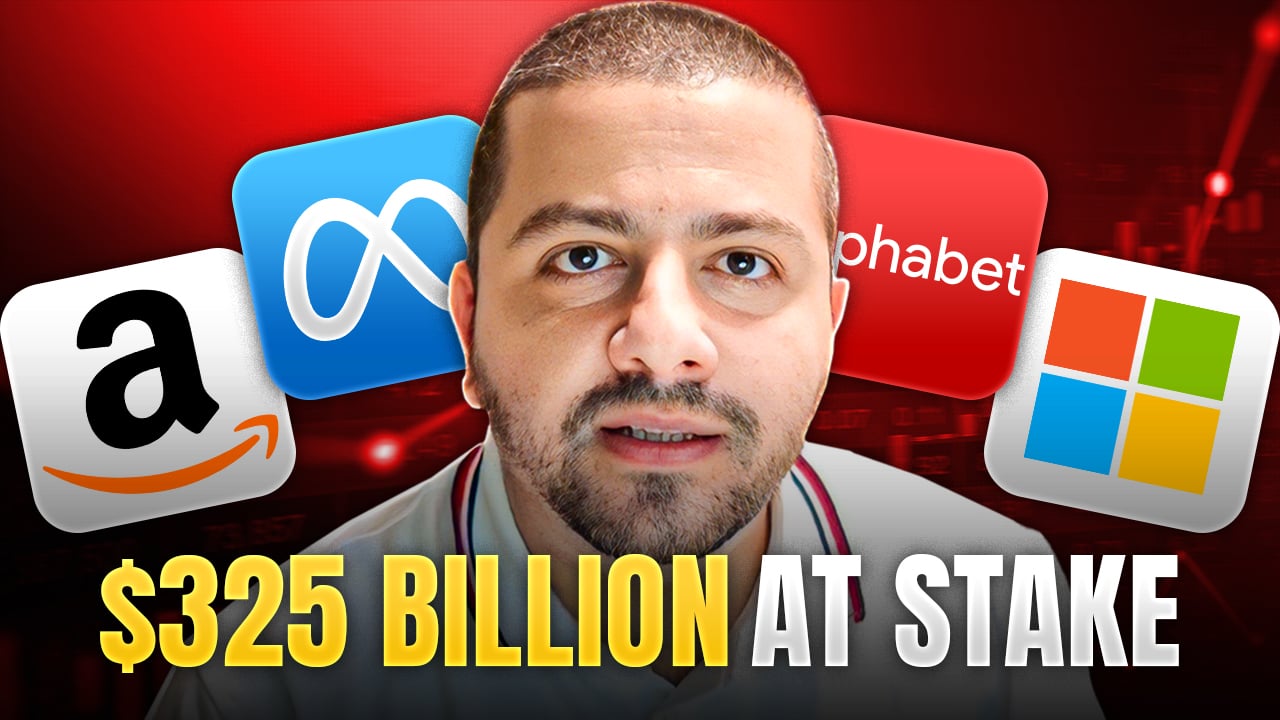In March last year, I pondered whether Facebook's (FB +1.73%) Instagram would soon become bigger than Twitter (TWTR +0.00%). At the time, Instagram had recently announced it surpassed 200 million active users, or MAUs, and Twitter had 241 million MAUs. Today, the question has shifted dramatically. Now investors are wondering how much bigger Instagram will be than Twitter.

Instagram. Image source: Instagram.
In a blog post on Tuesday, Instagram announced it had reached the 400 million user mark, doubling in less than two years. Where's Twitter's MAU count today? As of its second-quarter report, it had 316 million users -- or 304 million after excluding SMS fast followers.
Going forward, chances are Facebook's Instagram will continue to see outsized growth in relation to Twitter. Here's why.
Facebook wants billions of users
Instagram's superior growth in its user base compared to Twitter highlights one of the core drivers of Facebook's business: a relentless effort to build services with the potential to reach more than one billion users. For Facebook CEO Mark Zuckerberg, an online social network isn't quite a business in its own right until it reaches a certain number of users -- one billion users, to be specific.
"This may sound a little ridiculous to say," Zuckerberg said during the company's 2014 third-quarter earnings call, "but for us, products don't really get that interesting to turn into businesses until they have about a billion people using them."
Facebook's ambitious view of what constitutes a business in social media makes sense. Not only is its user base for its core social product already well beyond one billion MAUs and near one billion daily active users, but helping the world connect is at the very heart of the social network's mission. And, as it turns out, monetizing social networks with more than a billion users is also very profitable; the company raked in about $700 million of net income on a GAAP basis and $1.4 billion on a non-GAAP basis during Q2 alone.
Of course, Zuckerberg isn't stopping at building its core Facebook product into a legitimate business. A number of the social company's other platforms are on deck for significant monetization efforts, as the CEO explained during the company's third-quarter earnings call last year:
Over a five-year time frame, we have a number of services, which we think are well on their way to reaching a billion people. Messenger, WhatsApp, Instagram, and search are a number of them. And once we get to that scale, then we think that they will start to become meaningful businesses in their own right.
But investors will have to be patient.
And I think that the right way to think about that, as I've tried to say repeatedly on these calls is -- not that we're going to try to monetize them very aggressively in the next year or two. Because I really think for each of those categories, the right strategy is to first focus on connecting 1 billion plus people and reaching the full potential before very aggressively turning them into businesses.
Given Facebook's track record in monetizing its core platform so far, Zuckerberg fortunately has the market's trust when it comes to following through on rolling out more significant monetization efforts on these products when they surpass one billion users.
And it probably won't take long for a handful of Facebook's products to exceed one billion users. WhatsApp is already at 900 million users and its Messenger and Instagram services have exceeded 700 million and 400 million users, respectively. Not only are all of these services continuing to grow rapidly, but Facebook's absolute emphasis on user growth, paired with its experience in growing social products, will likely drive unusual adoption.

Twitter. Image source: Twitter.
Twitter wants to appeal to the masses, too
As all of Facebook's social products continue to grow faster than Twitter, Twitter's management is trying to take a tip from its larger peer and begin emphasizing user growth.
"Our Q2 results show good progress in monetization, but we are not satisfied with our growth in audience," said Jack Dorsey, interim CEO and co-founder of Twitter, during the company's second-quarter earnings call. "In order to realize Twitter's full potential, we must improve in three key areas: ensure more disciplined execution, simplify our service to deliver Twitter's value faster, and better communicate that value."
Or, in other words: Twitter wants to hone in on strategies aimed at attracting the masses, just like Facebook.
But Twitter investors shouldn't expect the company to reinvigorate growth overnight. Facebook's has always been laser-focused on user growth as its number one priority, and it has been proactive in ensuring its products align with this aim. Twitter, on the other hand, is still a confusing product for the majority of the connected world. It's going to take time, therefore, for Twitter to realign its priorities and find a way to begin appealing to a much larger audience.
Don't expect Twitter's user base to begin gaining on Instagram's any time soon -- if ever.






